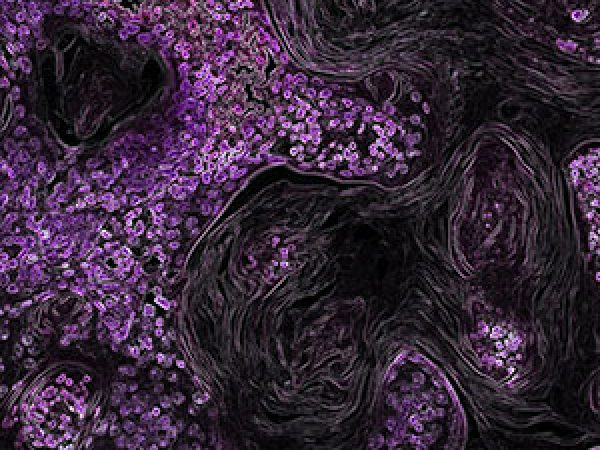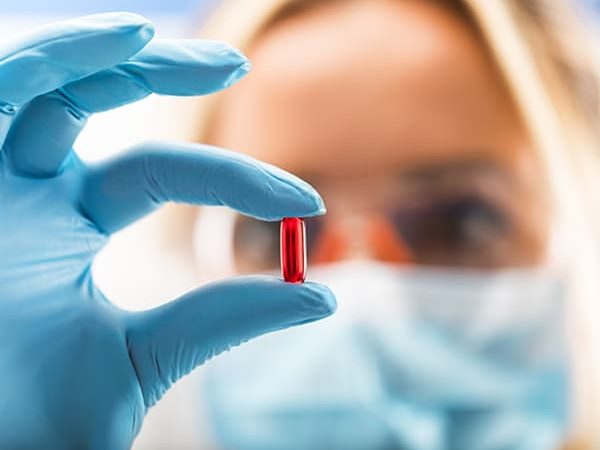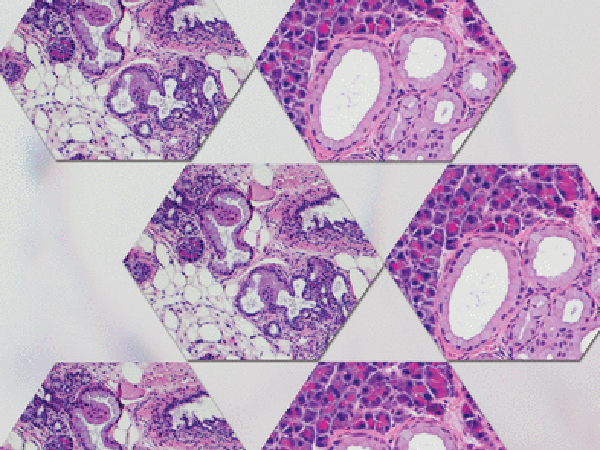AACR Virtual Annual Meeting II: Current Events Meet Cancer Science
On April 27, cancer researchers, health care professionals, patients, advocates, and policymakers around the world logged on to their computers and dove into the first ever American Association for Cancer Research (AACR) Virtual Annual Meeting I.
The two-day meeting was a huge success, attracting more than 61,000 attendees. While the COVID-19 pandemic prevented the face-to-face interactions that are an enjoyable part of traditional scientific meetings, many attendees expressed enthusiasm for the virtual format.
“Being able to view some of the talks later on is actually really cool. I also hope we can do a bit of networking – send us a message if you want to discuss your research, happy to do a formal/informal chat.”
“I am watching the #AACR20 recorded livestream (1.5x speed) and frankly my retention is higher than 2 years ago when I was there in person (jogging from one hall to the other).”
“Day 1 of #AACR20 done. Looking forward to tomorrow’s sessions! Of course it’s not quite the same as being onsite, but the virtual meeting format works very well and the presentation quality is excellent.”
“Really appreciate @AACR has converted 2020 annual cancer meeting to the virtual meeting format! Great programming and exciting new discovery #AACR20! Enjoying the day 1 meeting and having my 5-year-old as companion.”
Beginning Monday, June 22, we’re excited to launch AACR Virtual Annual Meeting II. This second portion of the Annual Meeting will again feature the groundbreaking scientific research that is the hallmark of all AACR conferences.

“People show up to AACR to present the best of their work, which is really cutting-edge science,” said AACR President Antoni Ribas, MD, PhD, FAACR, who served as chair of this year’s Annual Meeting Program Committee. Ribas discussed the meeting in an interview with UCLA Jonsson Comprehensive Cancer Center, where he is director of the tumor immunology program.
“The level of the research is at the top of the top. And it goes from basic science to population science to patient care to health care disparities to clinical trials. It’s the whole breadth of the science in one meeting,” Ribas said.
Virtual Annual Meeting II features an added focus on the most pertinent social and policy issues facing cancer and biomedical research today. Here are some highlights you won’t want to miss:
National leaders take the stage
The Opening Ceremony for AACR Virtual Annual Meeting II will begin Monday, June 22, at 8:30 a.m. (all times are Eastern). Speakers include Congresswoman Nancy Pelosi (D-California), Speaker of the U.S. House of Representatives; Senator Roy Blunt (R-Missouri), Chairman of the Appropriations Subcommittee on Labor, Health and Human Services, and Education; and Richard Pazdur, MD, director of the U.S. Food and Drug Administration’s Oncology Center of Excellence.
Separately, Ned Sharpless, MD, director of the National Cancer Institute (NCI), will present the NCI Director’s Address Tuesday, June 23, at 12 p.m.
COVID-19 remains a focus
The global pandemic that forced a cancellation or transformation of nearly every scientific meeting this spring will be the focus of several talks. On Monday, June 22, at 3:45 p.m., the COVID-19 and Cancer: Guidance for Clinical Trial Conduct and Considerations for RWE session will include remarks from Amy P. Abernethy, MD, PhD, principal deputy commissioner of the FDA. And on Wednesday, June 24, at 11 a.m., Francis Collins, MD, PhD, director of the National Institutes of Health, will speak at the beginning of the COVID-19 and Cancer Research session. This session will highlight the work of cancer researchers who have applied their expertise to COVID-19.
Examining racism and racial inequalities
The cancer research community is not immune to discrimination and inequality. On Tuesday, June 23, from 12:45 to 2:30 p.m., the AACR will convene a panel of experts from academia, government, industry, and the patient advocacy community to talk openly about pervasive racism and social injustices toward Black Americans in our country and people of color around the world.
The panel will discuss ways to achieve social justice and equality for all regardless of skin color, eliminate cancer health disparities among racial and ethnic minorities by increasing minority representation in clinical trials, and ensure diversity and recognition of the accomplishments of minority scientists and clinicians in the cancer work force. Ribas will moderate this discussion.
The panel discussion will be followed at 3 p.m. Tuesday with the Minorities in Cancer Research Scientific Symposium: Health Inequities and Disparities in the COVID-19 Pandemic and Impact on Cancer Care Among Racial and Ethnic Minorities and the Medically Underserved. This session will discuss how disparities related to the COVID-19 pandemic are significantly exacerbating disparities in cancer care.
Our online meeting planner provides the full program for Virtual Annual Meeting II. Keep reading Cancer Research Catalyst for continuing coverage, and follow the meeting on Twitter at #AACR20.



